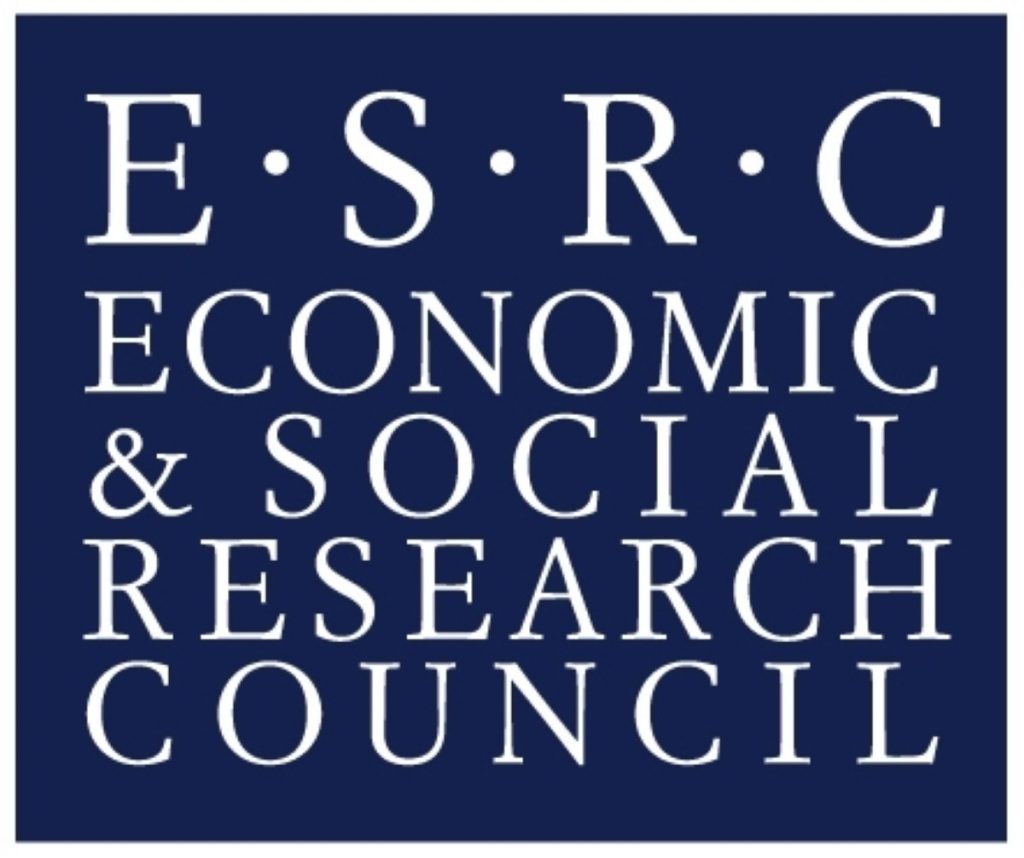ESRC: Climate change action “a matter of life and death”
Carbon-neutral planning and design needs to be embedded in infrastructure decisions now if we are to achieve a low carbon economy within 30 years, argues Keith Clarke CBE, former CEO of Atkins Global and Chairman of the Forum for the Future.
Delaying infrastructure decisions is no longer simply inconvenient, it's a matter of life and death for people in countries most affected by the adverse consequences of climate change, Mr Clarke will claim in a debate to be held during the Economic and Social Research Council (ESRC) Festival of Social Science
Game-changing evidence on climate change was presented in last month’s Intergovernmental Panel on Climate Change (IPCC) report, Mr Clarke points out. "In the past it may have been a tad inconvenient for our holidays or travel times to have the Heathrow expansion ten years late, or Crossrail 20 years late or the London River Crossing 30 years late," he says. "But if we don’t take decisions aimed at a decarbonised infrastructure today – even if some of the decisions are not perfect – then the impacts associated with climate change in Africa and parts of Asia such as crop failure, drought and flooding will inflict a massive toll on human life. Carbon neutrality needs to be at the centre of infrastructure decisions, not an add-on as at present."
BBC presenter and Visiting Professor at The Open University Business School, Evan Davis will put forward his views on infrastructure decisions and their impact on the economy and environment at the debate which is organised by The Open University Business School. Milton Keynes, the UK's fastest growing sub-region and home of The Open University, provides the venue for this topical debate and Q&A event.
Embedding carbon critical design into infrastructure programmes makes not only environmental but also economic sense, Mr Clarke insists. "A low carbon economy is by definition one that is efficient. And, as the IPCC report makes abundantly clear, in the future when carbon will effectively be rationed then low carbon will be a precondition of trade. In the UK we already have the technology, institutions and engineering science background that can make us world leaders in the radical transformation required to decarbonise the economy."
With a wealth of leading companies developing green technologies in the Milton Keynes region and the HS2 link set to cut through the county, The Open University Business School provides an ideal location for this debate, says event organiser Dr Leslie Budd. "The UK economy appears to be at a crossroads, in that pursuing austerity has not led to a return to sustained growth. There has been a clamour for investment in infrastructure – particularly green investment – as a means to re-balance the economy. But there are inherent tensions between balancing growth and sustaining the environment. Bringing the insights of economist, journalist and broadcaster Evan Davis together with those of Keith Clarke, a practitioner at the forefront of encouraging carbon critical design, will provide us with crucial economic, environmental and social perspectives on this critical issue."
For further information contact:
Rachel James, Open University
Email: rachel.james@open.ac.uk
Telephone: 01908 653343, mobile: 07747 898468
ESRC Press Office:
Susie Watts
Email: susie.watts@esrc.ac.uk
Telephone: 01793 413119
Sarah Nichols
Email: sarah.nichols@esrc.ac.uk
Telephone: 01793 413122
Notes for editors
Event: Managing the impact of infrastructure on the economy and environment
Organiser: Dr Leslie Budd, The Open University Business School
Date: 4 November 2013 18.00 – 20.00
Venue: Open University, Walton Hall, Milton Keynes MK7 6AA
Audience: General audience
This public debate is hosted by The Open University Business School and will include speakers' presentations and a question and answer session.
Chair: Dr Philip Smith, Chairman, Global Utilities Ltd, Pulse Group Holdings Ltd, and Chair of Milton Keynes Leaders’ Forum
Speakers: Keith Clarke CBE, former CEO of Atkins Global and Chairman of Forum for the Future
Evan Davis, broadcaster and Visiting Professor at The Open University Business School
The Festival of Social Science is run by the Economic and Social Research Council and takes place from 2-9 November 2013. With events from some of the country's leading social scientists, the Festival celebrates the very best of British social science research and how it influences our social, economic and political lives – both now and in the future. This year's Festival of Social Science has over 170 creative and exciting events across the UK to encourage businesses, charities, government agencies, schools and college students to discuss, discover and debate topical social science issues. Press releases detailing some of the varied events and a full list of the programme are available at the Festival website. You can now follow updates from the Festival on Twitter using #esrcfestival.
The Economic and Social Research Council is the UK's largest organisation for funding research on economic and social issues. It supports independent, high quality research which has an impact on business, the public sector and the third sector. The ESRC's total budget for 2012/13 is £205 million. At any one time the ESRC supports over 4,000 researchers and postgraduate students in academic institutions and independent research institutes.





-01.png)